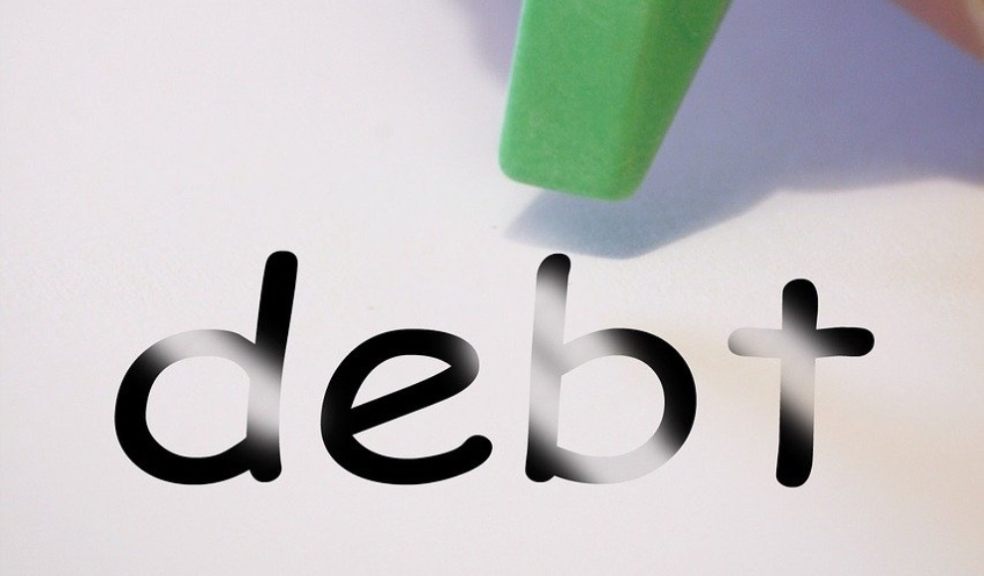
Smart Money Moves: Tips for Saving Money and Reducing Debt
In today’s fast-paced world, effective money management has become increasingly important. Saving money and reducing debt are arguably the most crucial aspects of financial well-being. By making smart money moves, individuals can achieve a better financial future and enjoy greater financial stability. This article will explore practical tips for saving money and reducing debt, empowering you to take control of your finances.
The Importance of Saving Money and Reducing Debt
Saving money is the foundation of a strong financial plan. As well as providing a safety net for unexpected expenses, it can help you achieve your financial goals and offer some much-needed peace of mind in times of financial hardship. By saving regularly, you can build an emergency fund, save for major purchases, and create a sense of financial stability. Debt can weigh heavily on your mind, affecting your mental and physical health. Additionally, high interest rates and monthly payments can hinder your financial progress and limit your opportunities. Reducing debt through a debt solution, such as a Trust Deed, can liberate you from the burden of interest payments and provide you with the freedom to allocate more funds towards savings.
Create and Stick to a Budget
Having a budget in place can serve as a foundation for smart money management by allowing you to track your income, expenses, and savings. Start by listing your income sources and categorising your expenses. Then, differentiate between essential and discretionary expenses and allocate a portion of your income towards savings and debt repayment. Remember to regularly review your budget and make adjustments as necessary. Most people’s financial situation changes from time to time, so your budget must reflect this to ensure it continues working for you. There are various apps, websites, and platforms available to help you create and stick to a budget if you’re struggling to make a start.
Set Realistic Goals
Establishing realistic financial goals is crucial for long-term effective money management. Define short-term and long-term objectives, whether it’s building an emergency fund, saving for a house deposit, or paying off debt, and break them down into actionable steps. This will provide a sense of motivation and direction for your financial journey. However, thinking about setting realistic goals can be overwhelming. Financial experts at Quidable recommend tackling the process one step at a time, utilizing their insights to make informed decisions and work towards financial freedom. Furthermore, it's advisable to review your goals periodically, make adjustments as necessary, and celebrate small wins along the way.
Automate Your Savings
Automating your savings is a smart way to ensure consistent saving habits, especially if you struggle or forget to save manually. To do this, set up automatic transfers from your current account to a designated savings account, treating savings as a fixed expense. Most people struggle to transfer savings when they see their paycheck land in their bank account, but with the money transferred automatically, you can remove the urge to keep it and spend it on non-essential expenses. When an unexpected expense arises, you’ll already have a financial cushion to soften the blow and avoid the need to borrow money to cover the cost.
Track and Minimise Your Expenses
Tracking your expenses can help you identify areas where you can save. Utilise apps or spreadsheets to monitor your spending patterns over a set period, such as a month. Then, analyse your expenses to identify purchases you can reduce or eliminate altogether and look for subscriptions or services you no longer use, want, or need. Considering cost-effective alternatives for daily expenses is another quick and easy way to reduce your outgoings. For example, taking your lunch to work instead of buying it, walking to work instead of commuting, and going to the store with a shopping list instead of going shopping when hungry.
Prioritise Debt Repayment
If you have outstanding debt, you must make debt repayment a priority. It can be tempting to ignore your debts out of fear of the consequences, but the longer you leave it, the worse your financial situation will become. Start by listing all your debts, including credit cards, loans, and other liabilities, determining the interest rates, minimum payments, and due dates. Then, allocate more funds towards high-interest debts while making minimum payments on others. Additionally, utilise debt repayment strategies, such as the debt snowball or avalanche method, to speed up the process. The sooner you can repay your debts, the sooner you can enjoy the benefits of a debt-free life.
Negotiate Lower Interest Rates
Contact your creditors to negotiate lower interest rates. Explain your financial situation and make a point of mentioning your commitment to paying off your debt. Most creditors will be willing to negotiate lower interest rates, as they prefer receiving regular payments rather than risking default. Lower interest rates means more of your payments go towards the principal balance, helping you repay your debts faster. Even if your initial negotiations are unsuccessful, it will prove your commitment to repaying your debts and helping your creditors receive the money they are owed. Struggling with your monthly repayments will only lead to your financial situation getting worse as time goes on.
Avoid Impulse Purchases
Impulse purchases can quickly derail your saving and debt reduction efforts. Before making a purchase, ask yourself if it will provide short-term or long-term gratification and if it aligns with your financial goals. One approach is to implement a waiting period for significant purchases to ensure you’re making informed decisions rather than succumbing to impulsive spending. Some people are also more likely to spend impulsively when they’re happy or sad. Getting to the root of your impulsive spending problems can help you separate your emotions from your spending habits.
Saving money and reducing debt are essential components of financial well-being. By implementing these practical tips, you can take control of your finances, build savings, and work towards becoming debt-free. Remember to seek professional advice when needed and stay motivated throughout your financial journey. Making smart money moves today will pave the way for a more secure financial future.

















